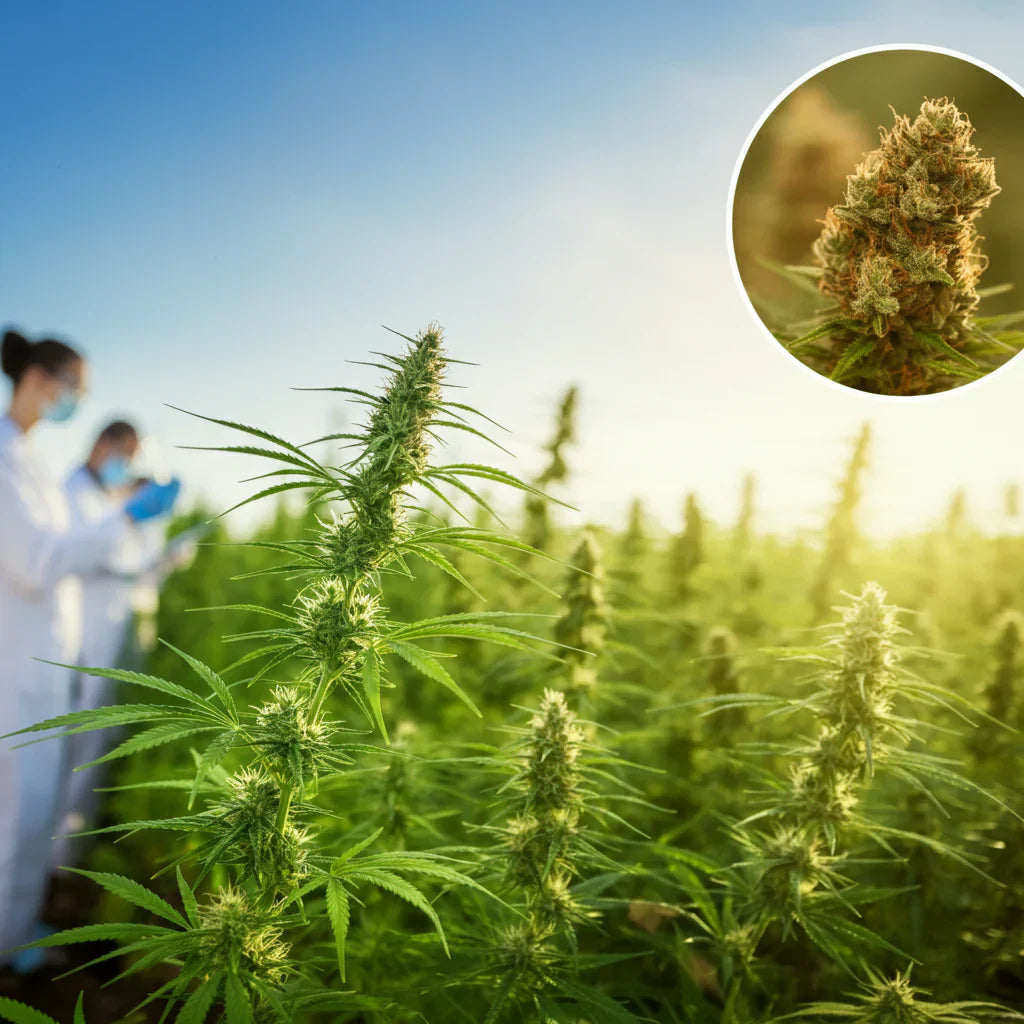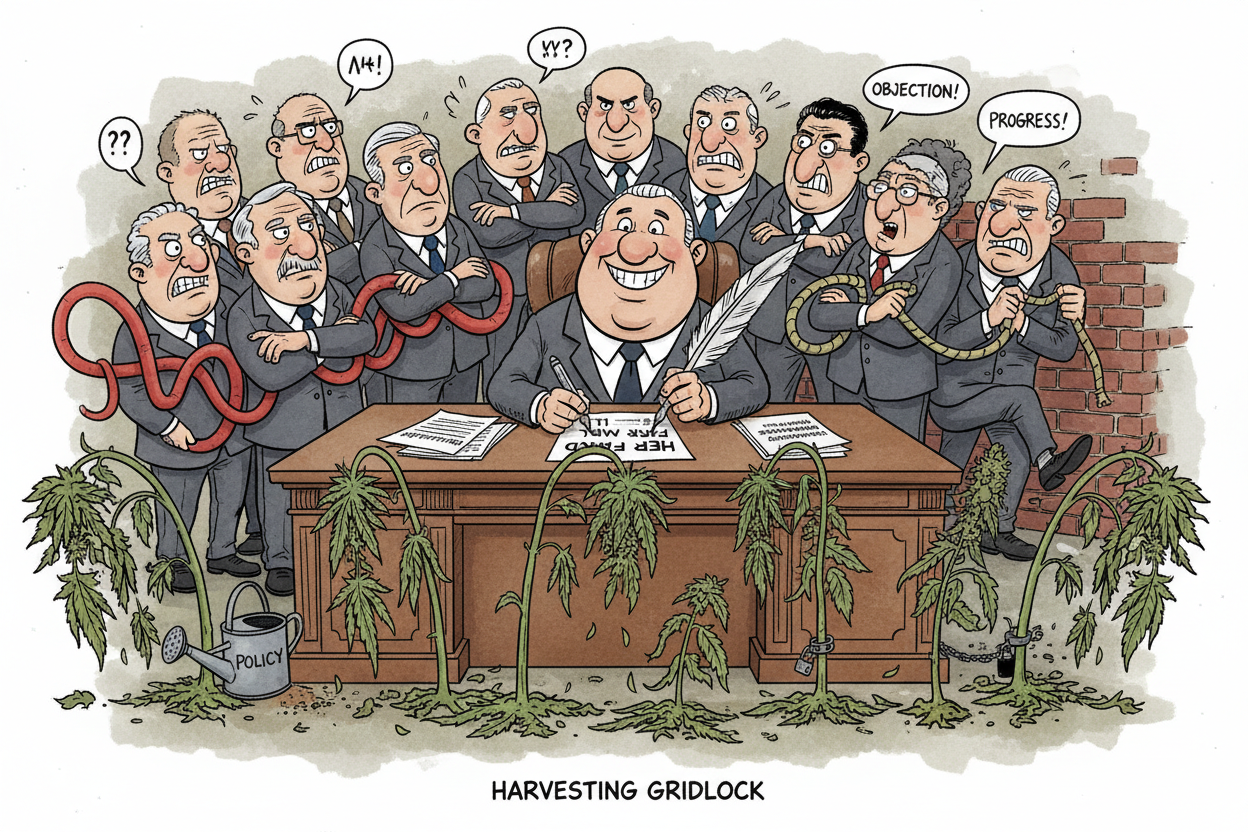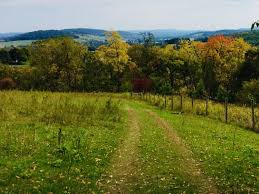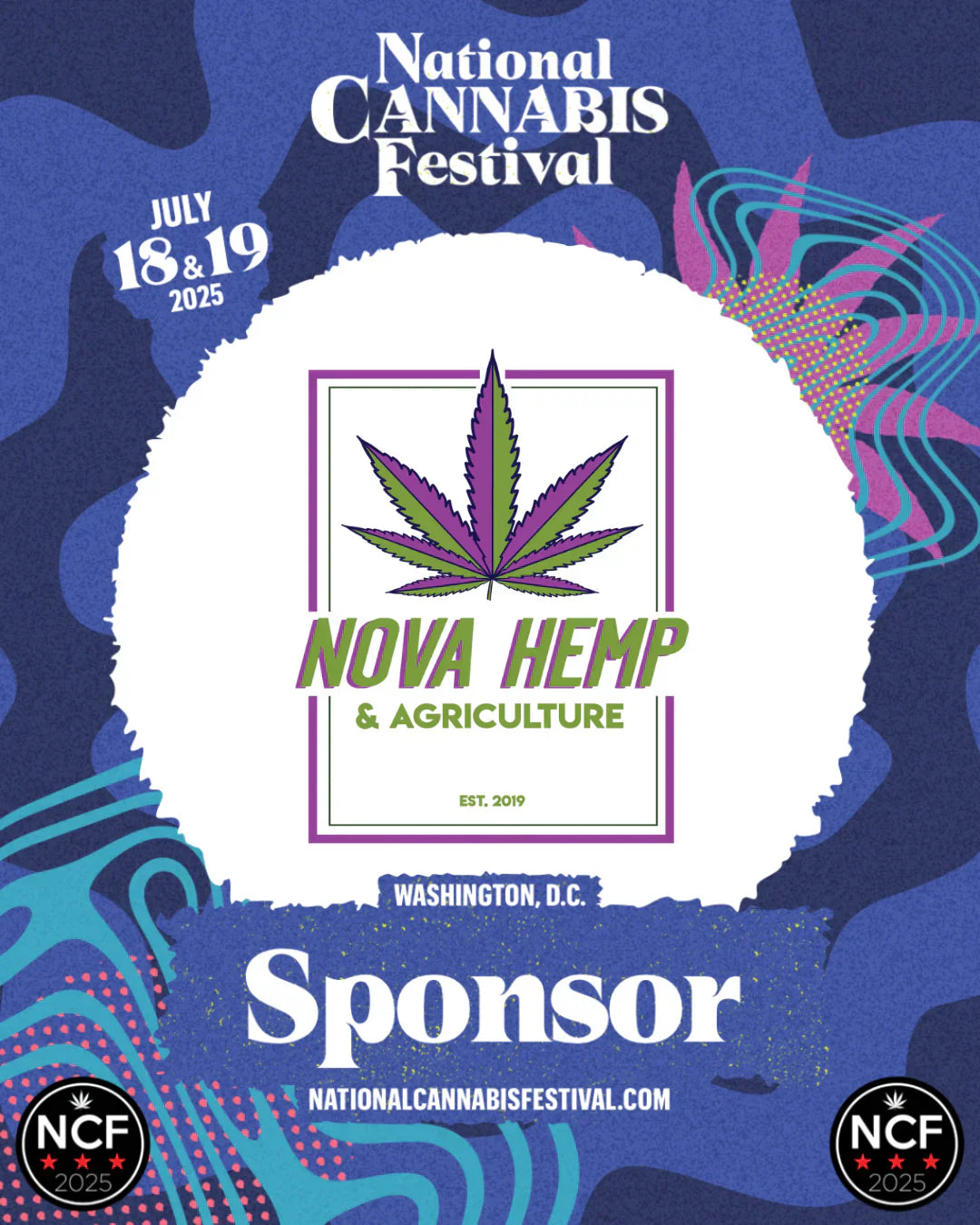When it comes to hemp products, questions about quality and safety are common—and legitimate. Among those questions, concerns surrounding the cultivation of THCa flower and whether THCa flower is “sprayed” with anything, such as pesticides or synthetic THCa, often arise.
Here, we’ll address these concerns, separate fact from fiction, and highlight why you can feel confident in the quality of natural THCa hemp flower.
Myth 1: Is THCa Flower Sprayed with THCa?
Some believe that THCa flower is artificially "sprayed" with THCa to boost potency. Let's set the record straight—legitimate THCa flower does not need artificial enhancement.
THCa flower is naturally cultivated from hemp plants bred specifically for high THCa content. Many wonder, "is THCa sprayed on hemp?" but farmers actually use selective breeding techniques to ensure the plants naturally produce the desired cannabinoid levels.
Reputable sellers will always source flower that is naturally potent, not synthetically altered. Some ask if THCa flower is synthetic. If in doubt, third-party lab testing is key—this guarantees the cannabinoid profile comes directly from the plant and not from external additives.
Myth 2: Is THCa Flower Sprayed with Pesticides?
The topic of pesticides is often brought up when discussing hemp cultivation, and for good reason. While commercial farming practices can sometimes cut corners, reputable THCa flower growers prioritize clean, responsible cultivation.
Natural THCa flower is typically grown in highly controlled environments, either outdoors on trusted farms or indoors in state-of-the-art facilities. These conditions minimize the need for harmful pesticides.
To ensure safety, top-tier suppliers provide third-party lab tests, which assess for pesticide residues, heavy metals, and other contaminants. These reports allow you to consume products with confidence. Always ask for lab results when buying THCa flower.
The Importance of Third-Party Lab Testing
Third-party lab testing is the gold standard when it comes to transparency and safety in the hemp industry. This testing provides detailed information about:
- Cannabinoid Potency: Confirms the levels of THCa present in the flower.
- Contaminant Screening: Checks for pesticides, heavy metals, molds, and other harmful substances.
- Purity Assurance: Ensures that what you’re consuming is natural, unaltered flower.
By choosing brands that share lab reports with consumers, you can be certain you're purchasing high-quality, clean, and safe THCa flower.
Questions to Ask Before Buying THCa Flower
Whether you're a seasoned user or just curious about THCa flower, consider these key questions before purchasing:
1.Does the seller offer third-party lab results?
Verify that they provide accessible, up-to-date lab reports for their products.
2.Where is the flower grown?
Hemp grown in the U.S. or Europe generally follows stricter cultivation standards.
3.Does the flower look and smell natural?
High-quality flower should exhibit healthy coloration, consistent trichomes, and a rich aroma. Anything that looks sprayed or artificial should raise a red flag.
4.What do other customers say?
Reviews can be a good indicator of a brand’s overall quality and transparency.
Debunking the Fears
The belief that THCa flower is doused in pesticides or artificially enhanced with THCa often stems from a misunderstanding of the hemp market. High-quality THCa flower is cultivated naturally, and growers who value their customers adhere to eco-conscious farming practices. Additionally, third-party lab reports ensure both purity and transparency, leaving no room for doubt about what you're consuming.
When buying THCa flower, always stick with brands that prioritize safety, provide lab results, and remain transparent about their cultivation practices.
Looking to try clean, natural THCa flower? Choose a provider committed to quality and transparency. Explore responsibly grown options today and discover why THCa flower is earning its place in the wellness community.






Share:
“Greenhouse vs. Indoor: Why Greenhouse THCa Flower Reigns Supreme”
THCa Small Buds: What They Are and Why You Should Try Them!